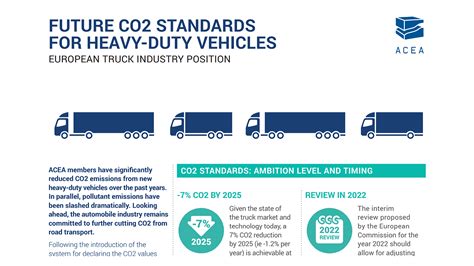—
Challenges Ahead for European Car Makers
As the year 2025 unfolds, the European car industry finds itself at a critical juncture. The landscape is fraught with challenges, ranging from evolving emissions regulations to mounting cost pressures, all of which are poised to impact manufacturers’ profit margins significantly.
The Society of Motor Manufacturers and Traders has sounded a warning bell, indicating that the road ahead for car makers in Europe may be bumpy. Despite an anticipated uptick in electric vehicle (EV) sales this year and the promise of new model launches on the horizon, uncertainties loom large over the industry’s financial health.
The Impact of Regulatory Changes
One of the key concerns facing European car manufacturers is the ever-changing regulatory environment. While discounts on EVs in 2024 spurred sales and nudged consumers towards cleaner vehicles, they came at a steep cost for automakers. The shift away from traditional petrol and diesel cars has already incurred hefty financial losses for companies in the UK alone.
Mike Hawes, Chief Executive of SMMT, aptly captured the dilemma faced by manufacturers when he remarked, “The amount of money available to stimulate demand is going to be under severe pressure when manufacturers have very finite resources.”
Struggles in Electric Vehicle Sector
The struggles witnessed in the European EV sector last year serve as a stark reminder of the uphill battle that lies ahead. Government pullbacks on subsidies led to a dip in Western European EV sales in 2024. However, there is optimism that sales will rebound this year, with projections suggesting an increase to 22.2% market share.
Despite these hopeful signs, meeting ambitious targets set by the EU remains a daunting task. With goals like having EVs account for 80% of total car sales by 2030 and reaching 100% by 2035, car manufacturers face immense pressure to realign their strategies swiftly.
Global Trade Tensions Add Complexity
On top of domestic challenges, international trade tensions further cloud the outlook for European car makers. The EU’s decision to impose higher tariffs on Chinese EV imports has sparked concerns about potential retaliatory measures from China against prominent German brands like BMW, Mercedes-Benz, and Audi.
Given China’s significance as a key market for these automakers, any escalation in tariffs could reverberate across their operations significantly. The current benefits enjoyed by these companies through government incentives might also hang in the balance amid escalating trade disputes.
Financial Strains and Operational Hurdles
Rising inflation rates coupled with increased interest rates spell trouble for car companies already grappling with shrinking profit margins. This confluence of factors leaves limited room for investment in critical areas like research and development — particularly concerning electrification efforts essential for future competitiveness.
Moreover, ongoing labor issues plaguing major players such as Stellantis and Volkswagen threaten operational continuity and could potentially lead to workforce reductions or disruptions throughout this year.
In conclusion,
As we navigate through this intricate web of challenges shaping Europe’s automotive landscape,
the coming months will undoubtedly test
the resilience and adaptability
of car manufacturers.
Adapting swiftly
to regulatory shifts,
market demands,
and geopolitical dynamics
will be pivotal
for steering through turbulent waters ahead.




Leave feedback about this